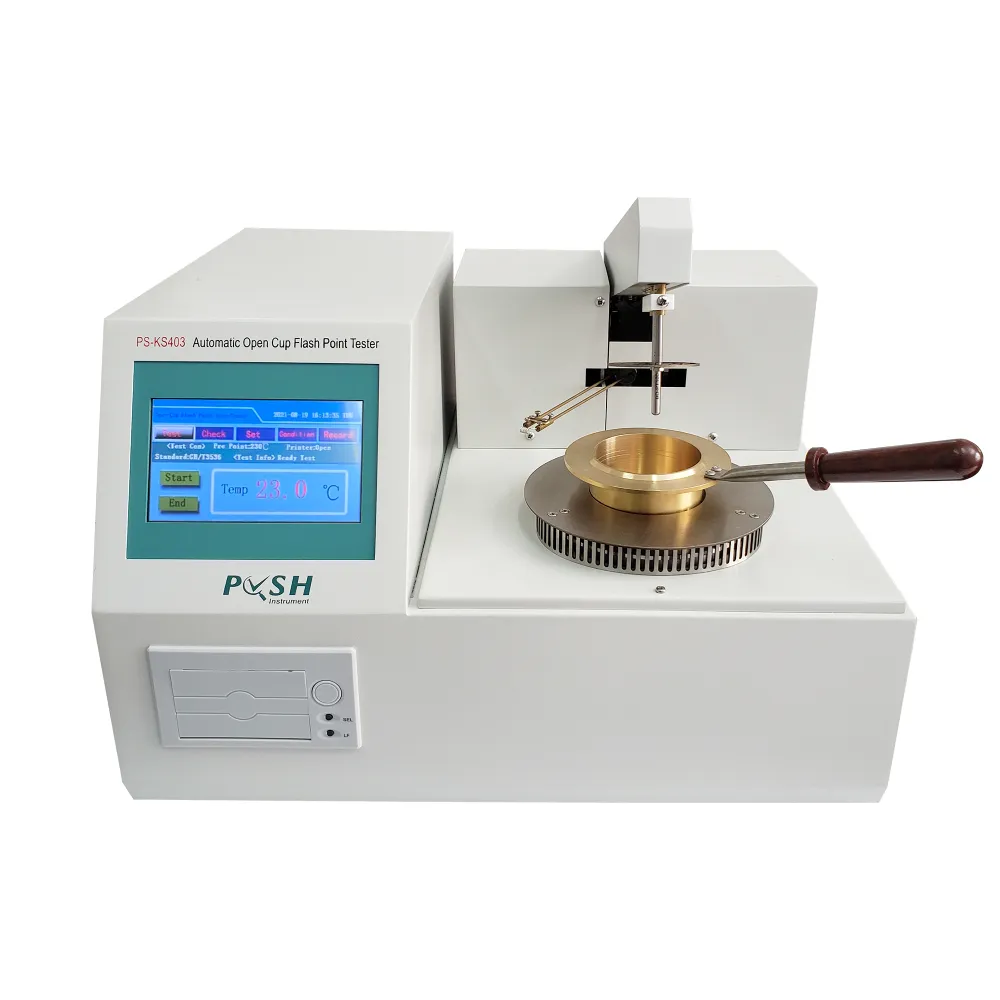 English
English



-
 Afrikaans
Afrikaans -
 Albanian
Albanian -
 Amharic
Amharic -
 Arabic
Arabic -
 Armenian
Armenian -
 Azerbaijani
Azerbaijani -
 Basque
Basque -
 Belarusian
Belarusian -
 Bengali
Bengali -
 Bosnian
Bosnian -
 Bulgarian
Bulgarian -
 Catalan
Catalan -
 Cebuano
Cebuano -
 China
China -
 China (Taiwan)
China (Taiwan) -
 Corsican
Corsican -
 Croatian
Croatian -
 Czech
Czech -
 Danish
Danish -
 Dutch
Dutch -
 English
English -
 Esperanto
Esperanto -
 Estonian
Estonian -
 Finnish
Finnish -
 French
French -
 Frisian
Frisian -
 Galician
Galician -
 Georgian
Georgian -
 German
German -
 Greek
Greek -
 Gujarati
Gujarati -
 Haitian Creole
Haitian Creole -
 hausa
hausa -
 hawaiian
hawaiian -
 Hebrew
Hebrew -
 Hindi
Hindi -
 Miao
Miao -
 Hungarian
Hungarian -
 Icelandic
Icelandic -
 igbo
igbo -
 Indonesian
Indonesian -
 irish
irish -
 Italian
Italian -
 Japanese
Japanese -
 Javanese
Javanese -
 Kannada
Kannada -
 kazakh
kazakh -
 Khmer
Khmer -
 Rwandese
Rwandese -
 Korean
Korean -
 Kurdish
Kurdish -
 Kyrgyz
Kyrgyz -
 Lao
Lao -
 Latin
Latin -
 Latvian
Latvian -
 Lithuanian
Lithuanian -
 Luxembourgish
Luxembourgish -
 Macedonian
Macedonian -
 Malgashi
Malgashi -
 Malay
Malay -
 Malayalam
Malayalam -
 Maltese
Maltese -
 Maori
Maori -
 Marathi
Marathi -
 Mongolian
Mongolian -
 Myanmar
Myanmar -
 Nepali
Nepali -
 Norwegian
Norwegian -
 Norwegian
Norwegian -
 Occitan
Occitan -
 Pashto
Pashto -
 Persian
Persian -
 Polish
Polish -
 Portuguese
Portuguese -
 Punjabi
Punjabi -
 Romanian
Romanian -
 Russian
Russian -
 Samoan
Samoan -
 Scottish Gaelic
Scottish Gaelic -
 Serbian
Serbian -
 Sesotho
Sesotho -
 Shona
Shona -
 Sindhi
Sindhi -
 Sinhala
Sinhala -
 Slovak
Slovak -
 Slovenian
Slovenian -
 Somali
Somali -
 Spanish
Spanish -
 Sundanese
Sundanese -
 Swahili
Swahili -
 Swedish
Swedish -
 Tagalog
Tagalog -
 Tajik
Tajik -
 Tamil
Tamil -
 Tatar
Tatar -
 Telugu
Telugu -
 Thai
Thai -
 Turkish
Turkish -
 Turkmen
Turkmen -
 Ukrainian
Ukrainian -
 Urdu
Urdu -
 Uighur
Uighur -
 Uzbek
Uzbek -
 Vietnamese
Vietnamese -
 Welsh
Welsh -
 Bantu
Bantu -
 Yiddish
Yiddish -
 Yoruba
Yoruba -
 Zulu
Zulu
100 kv hipot tester
Understanding the 100% KV Hipot Tester An Essential Tool for Electrical Safety Testing
In the modern world, electrical safety is of paramount importance. Industries ranging from manufacturing to telecommunications require reliable and safe electrical equipment to ensure the safety of both personnel and machinery. One key device that plays a crucial role in ensuring electrical safety is the 100% KV Hipot tester.
What is a 100% KV Hipot Tester?
The 100% KV Hipot tester is a high-voltage testing device designed to assess the insulation integrity of electrical equipment. Hipot stands for high potential and is used to verify that an electrical system, such as cables, transformers, and motors, can withstand voltages significantly higher than their operational ratings. The tester applies a high voltage (often up to 100 kV or more) to the insulation, and by measuring the current that flows through the insulation, it can identify weaknesses or faults.
How Does the Hipot Testing Work?
During a standard hipot test, the equipment is connected to the tester, and the tester gradually increases the voltage to the predetermined test level. For a 100% KV tester, this voltage may reach as high as 100 kV. The test typically lasts for a specific duration, often a minute or more, during which the tester continuously monitors the insulation’s response. If the insulation is in good condition, there should be virtually no current flow; however, if there are insulation failures or weaknesses, the current will increase, indicating a problem.
Importance of High Voltage Testing
High voltage testing is essential for several reasons
1. Safety Compliance Many industries are subject to stringent safety regulations that mandate equipment be tested for insulation integrity. The hipot test provides documentation that helps meet these regulatory requirements.
100 kv hipot tester

2. Preventive Maintenance Conducting regular hipot tests on electrical equipment can help identify potential failures before they occur, allowing for proactive maintenance and reducing the risk of unexpected breakdowns.
3. Quality Assurance Manufacturers often integrate hipot testing in the production process to ensure the quality and safety of their electrical products. This practice helps them build trust with customers and enhances their reputation in the market.
4. Reduction of Liability By ensuring that electrical systems are safe through thorough testing, companies can mitigate the risk of accidents and the associated liability.
Applications of the 100% KV Hipot Tester
The versatile nature of the 100% KV Hipot tester makes it suitable for various applications, including
- Cable Testing Insulation testing for medium and high-voltage cables to ensure their integrity and performance. - Generator and Transformer Testing Assessing the insulation of generators and transformers to prevent premature failures. - Circuit Breakers and Switchgear Testing Evaluating the performance of switchgear components under high-voltage conditions.
Choosing the Right Hipot Tester
When selecting a 100% KV Hipot tester, it is vital to consider factors such as voltage range, test duration, interface, and safety features. The device should comply with international testing standards, ensuring reliable performance and protecting operators during the testing process.
In conclusion, the 100% KV Hipot tester is a critical tool for ensuring the safety and reliability of electrical systems across various industries. With its ability to detect insulation weaknesses, it helps protect assets, personnel, and the environment by preventing electrical failures. As our dependency on electrical systems continues to grow, the importance of such testing tools will only increase, making them indispensable in the pursuit of electrical safety.
-
Testing Equipment Industry Sees Major Advancements in 2025: Smart & Precision Technologies Lead the WayNewsJun.06,2025
-
Applications of Direct Current Generators in Renewable Energy SystemsNewsJun.05,2025
-
Hipot Tester Calibration and Accuracy GuidelinesNewsJun.05,2025
-
Digital Circuit Breaker Analyzer Features and BenefitsNewsJun.05,2025
-
Benefits of Real-Time Power Quality Monitoring Devices for Industrial EfficiencyNewsJun.05,2025
-
Earth Fault Loop Testing in High-Rise Building Electrical SystemsNewsJun.05,2025



